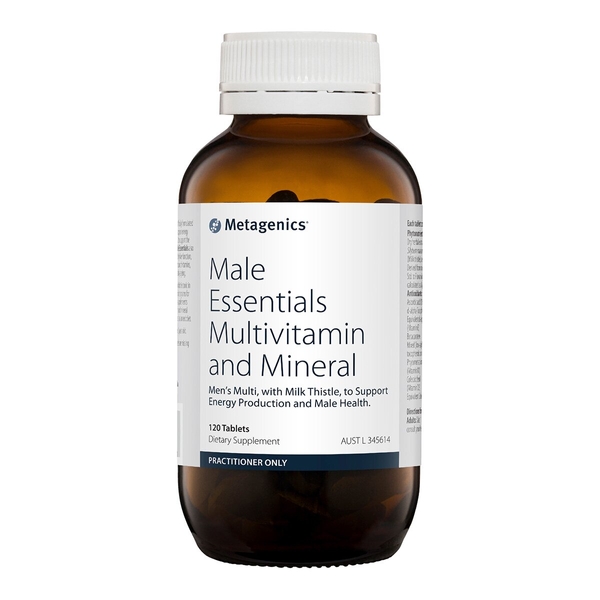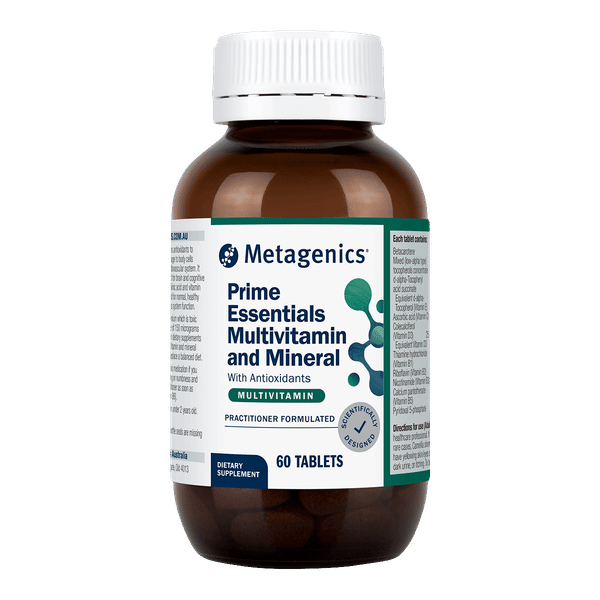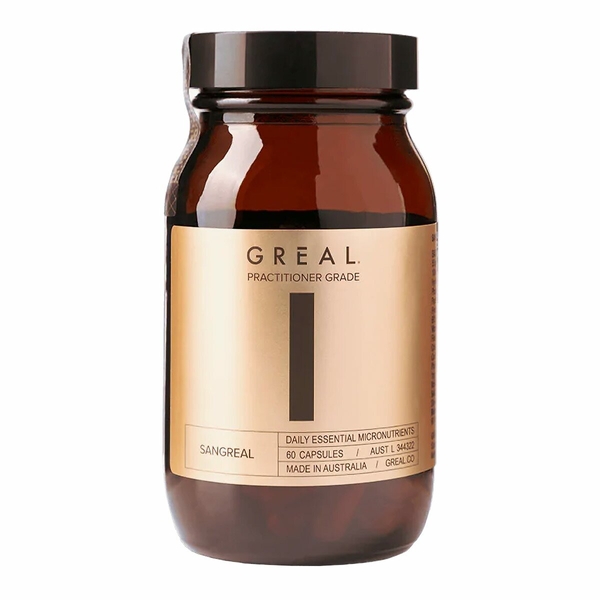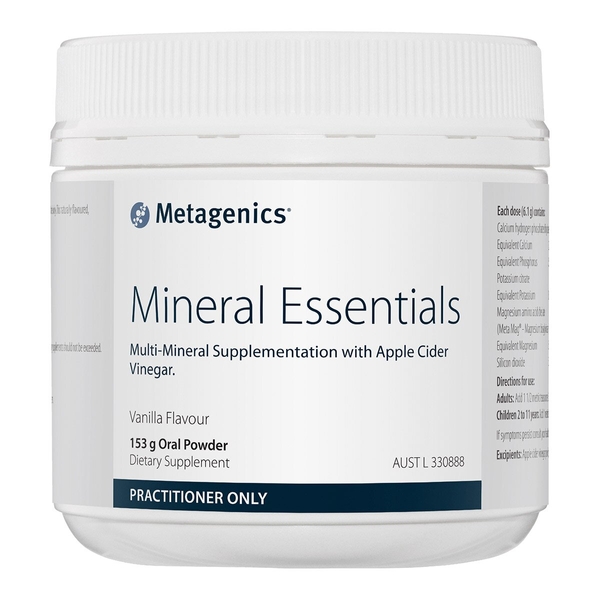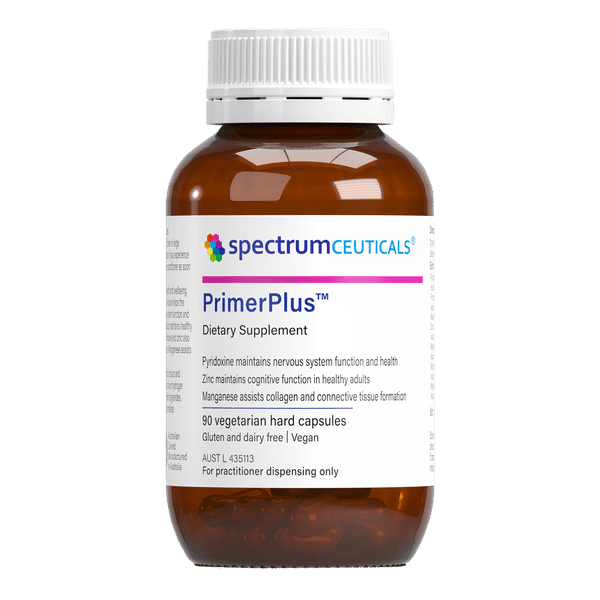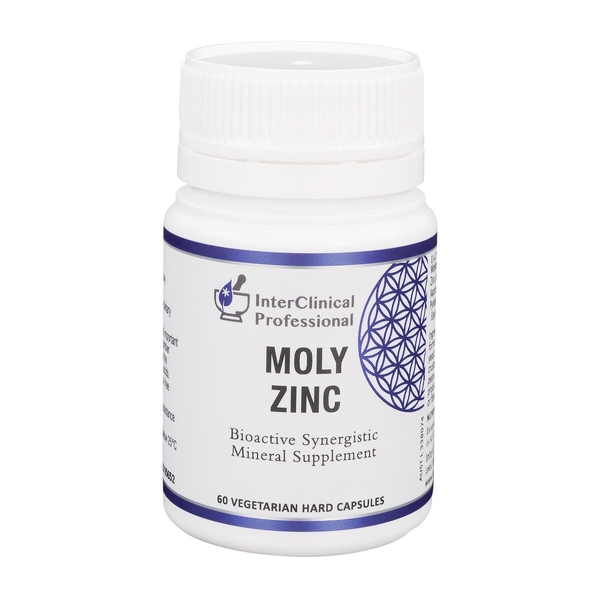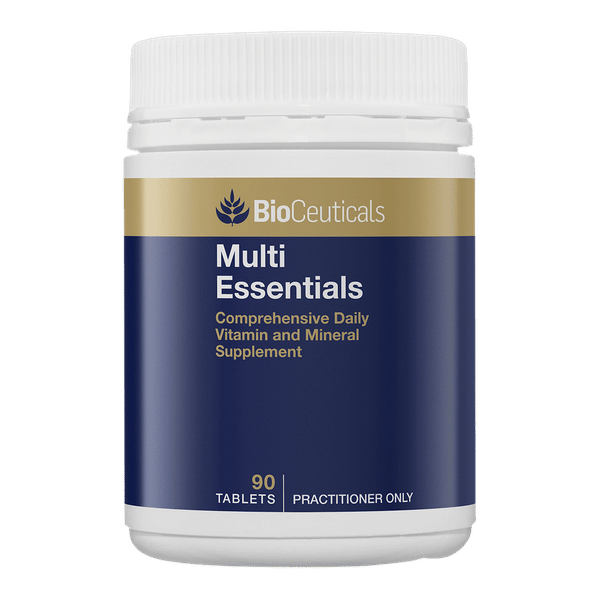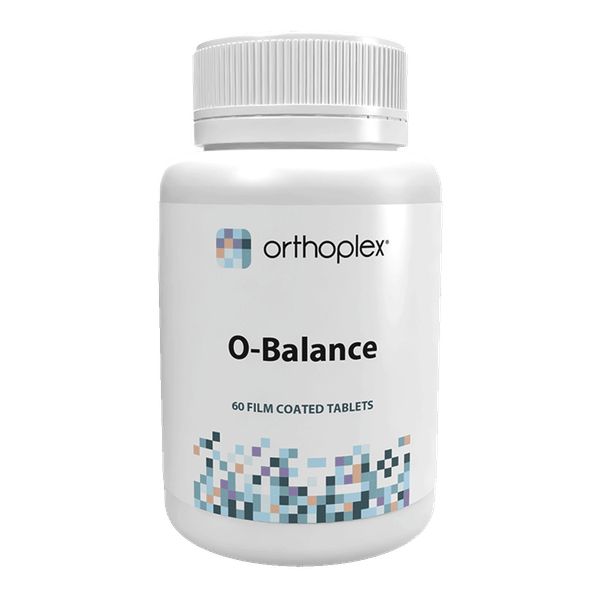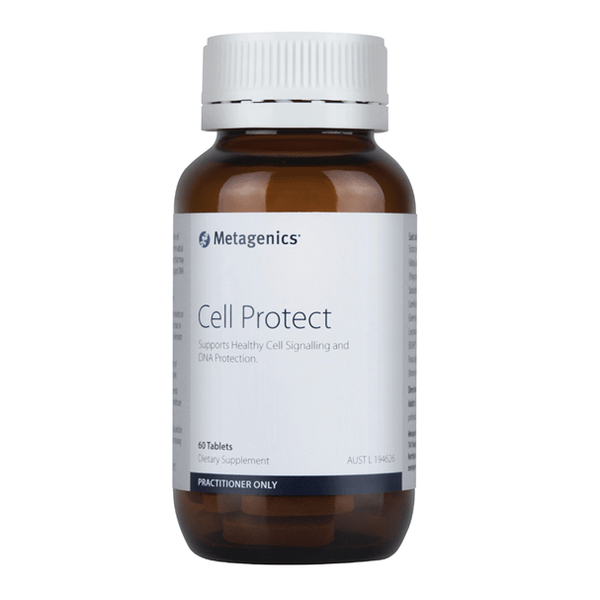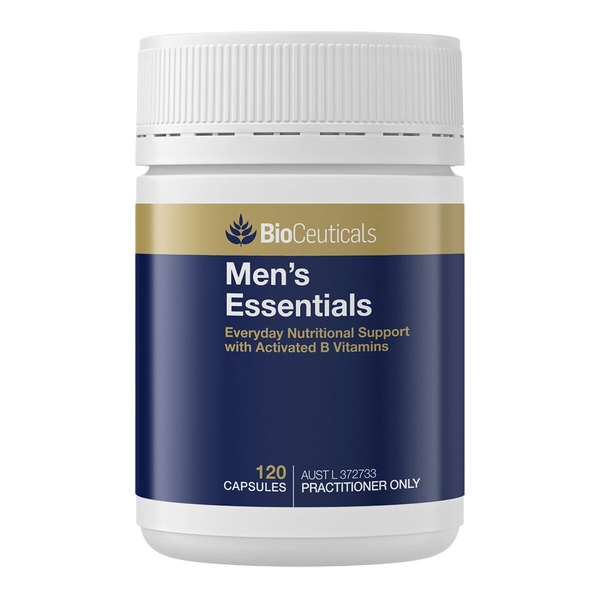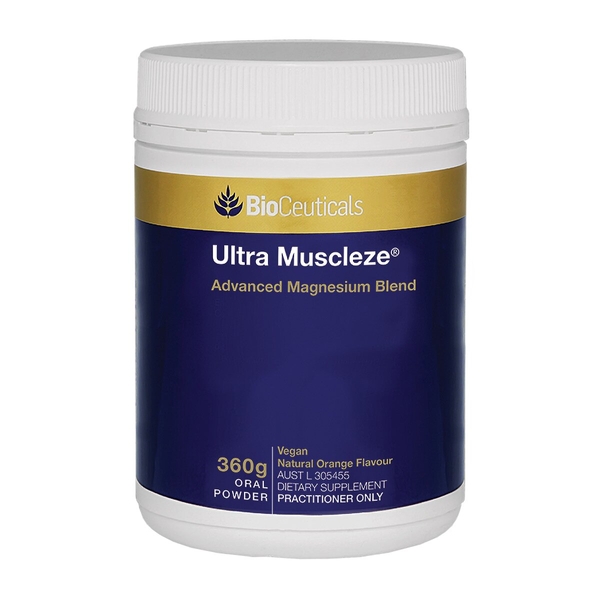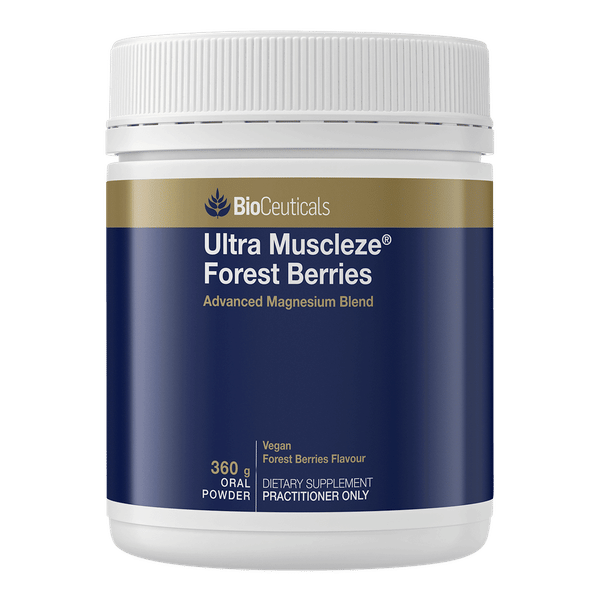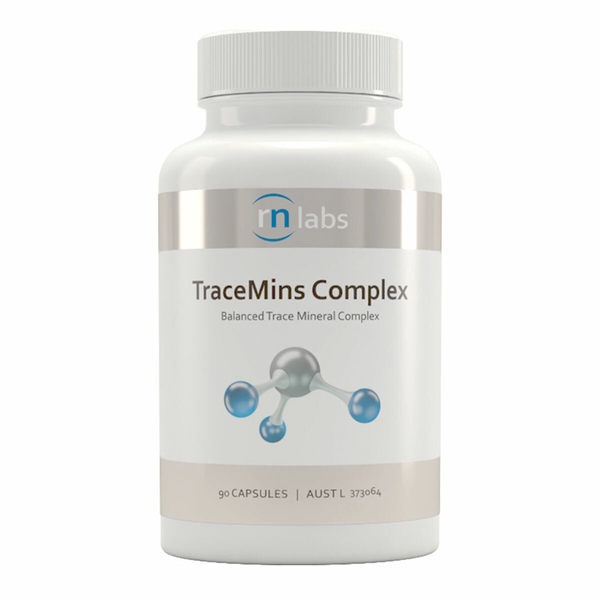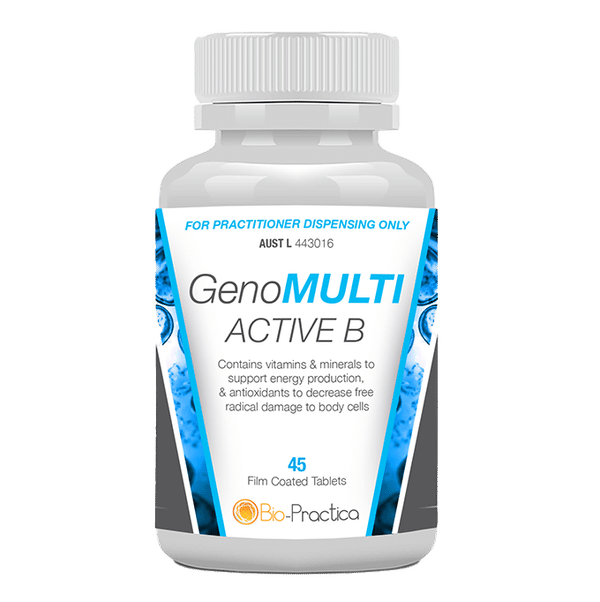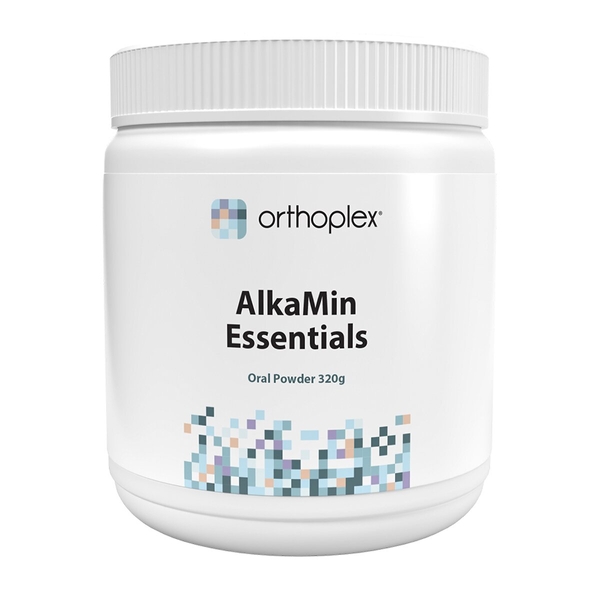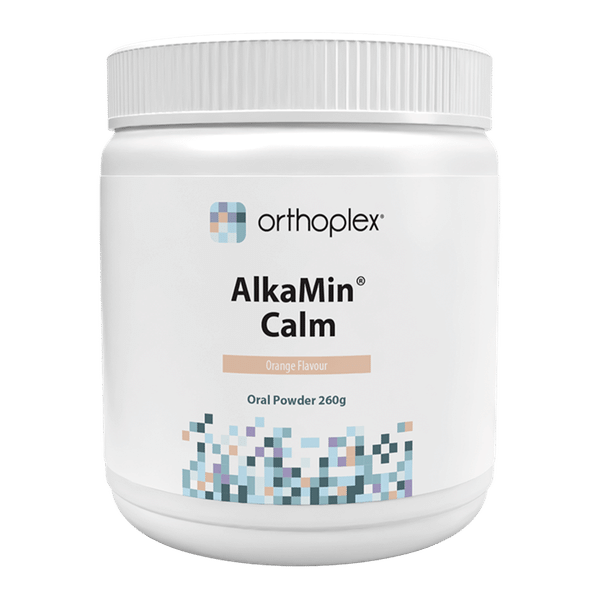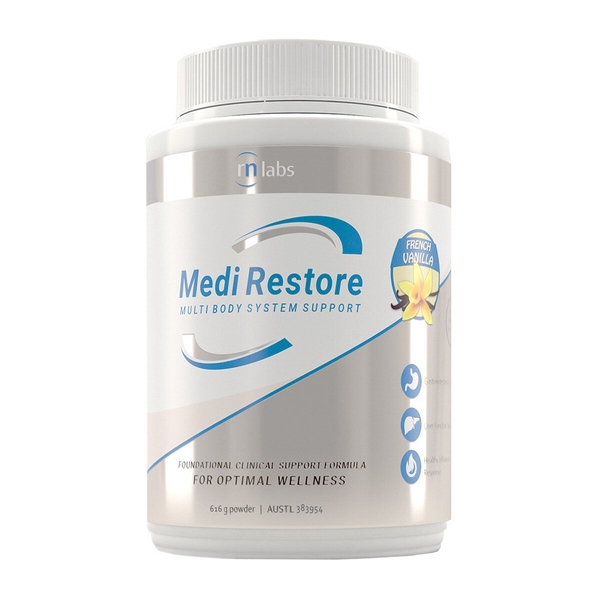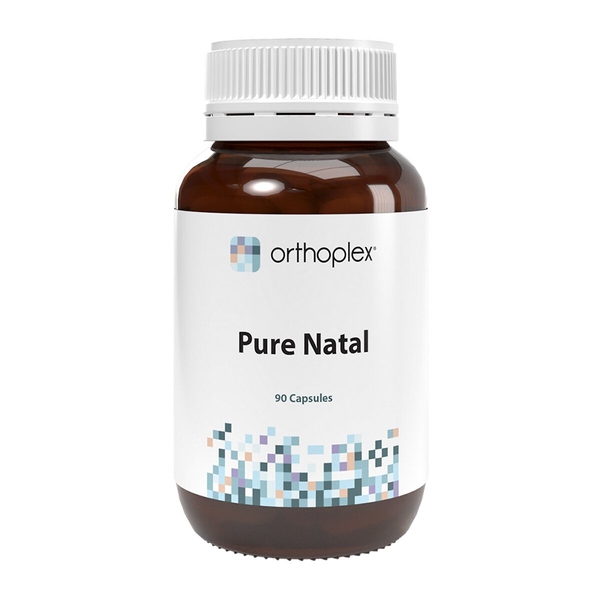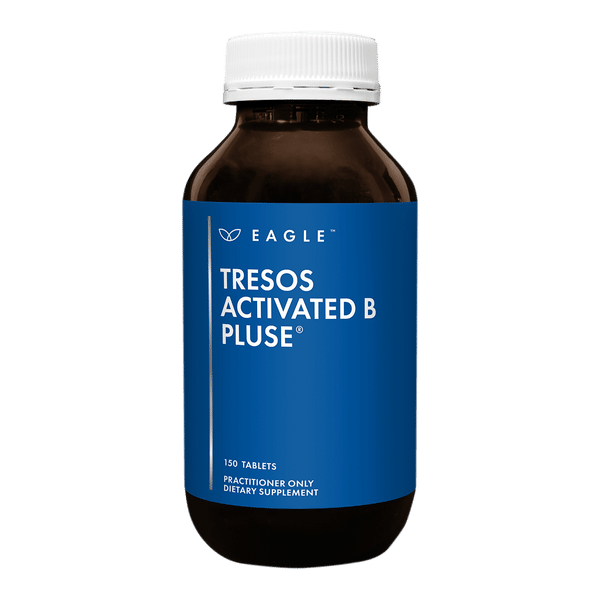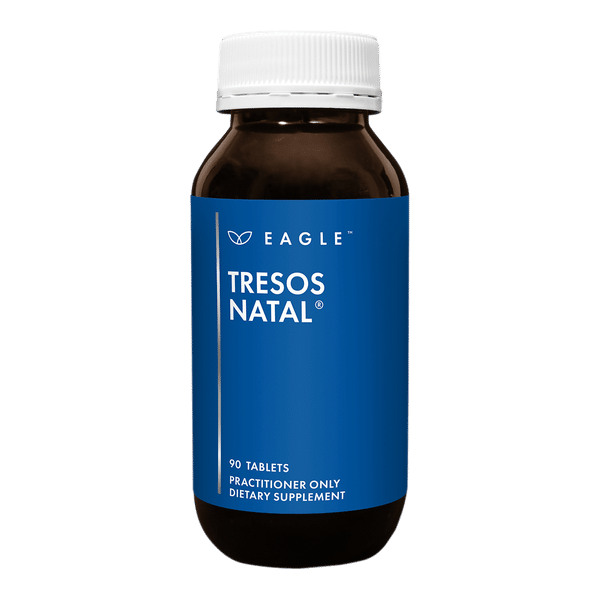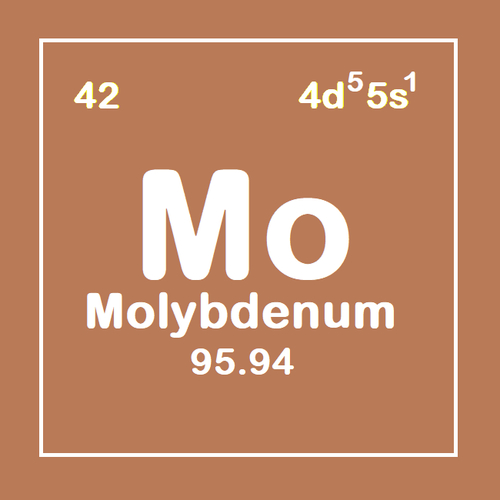
Molybdenum
Scientific names: Molybdenum, Mo, atomic number 42
Alternate names: Ammonium Molybdate, Chélate de Molybdène, Chélate de Molybdate, Chelated Molybdenum, Citrate de Molybdène, Etrathiomolybdate, Ionic Molybdenum, Molibdeno, Molibdeno Quelado, Molybdate d'Ammonium, Molybdate de Sodium, Molybdene, Molybdène, Molybdène Chélaté, Molybdenum Ascorbate, Molybdenum Chelate, Molybdenum Citrate, Molybdenum Picolinate, Quelato de Molibdeno, Sodium Molybdate
Actions: Deficiency, Antibacterial, Antidiabetic, Antifungal, Anti-inflammatory, Antioxidant, Antiparasitic, Antitumor, Copper antagonism, Gastrointestinal, Growth and development, Hepatic, Immune, Lipid, Prebiotic, Reproductive, Wilson's disease
Background
Molybdenum is an essential trace mineral found in foods such as milk, cheese, cereal grains, legumes, nuts, leafy vegetables, and meats.
Molybdenum works in the body to break down proteins and other substances. It's estimated that adults in the US consume 120-210 mcg of molybdenum in foods daily.
People use molybdenum for molybdenum deficiency. It is also used for acne, cancer, liver disease, osteoporosis, and other many conditions, but there is no good scientific evidence to support these uses.
Molybdenum works in the body to break down proteins and other substances. It's estimated that adults in the US consume 120-210 mcg of molybdenum in foods daily.
People use molybdenum for molybdenum deficiency. It is also used for acne, cancer, liver disease, osteoporosis, and other many conditions, but there is no good scientific evidence to support these uses.
Safety Safety definitions
When taken by: Molybdenum is likely safe when used in amounts that don't exceed the Tolerable Upper Intake Level (UL) of 2 mg daily. It's generally well-tolerated. But it's possibly unsafe when used in amounts greater than 2 mg daily.
Breast-feeding: Molybdenum is likely safe while breast-feeding when used in amounts that don't exceed the UL of 1.7 mg daily for those 14 to 18 years, or 2 mg daily for those 19 and older. It's possibly unsafe when used in higher doses.
Children: Molybdenum is likely safe when used in amounts that don't exceed the UL by age: 0.3 mg daily for children 1 to 3 years, 0.6 mg daily for children 4 to 8 years, 1.1 mg daily for children 9 to 13 years, and 1.7 mg daily for adolescents. Molybdenum is possibly unsafe when used in higher doses.
Copper deficiency: Taking molybdenum might reduce how much copper and molybdenum the body absorbs, possibly making copper deficiency worse. But it's not clear if this is a big concern.
Gout: Using molybdenum in amounts above 2 mg daily might make gout worse. Very high levels of molybdenum in the diet have been linked with gout.
Special Precautions & Warnings:
Pregnancy: Molybdenum is likely safe during pregnancy when used in amounts that don't exceed the UL of 1.7 mg daily for those 14 to 18 years, or 2 mg daily for those 19 and older. It's possibly unsafe when used in higher doses.Breast-feeding: Molybdenum is likely safe while breast-feeding when used in amounts that don't exceed the UL of 1.7 mg daily for those 14 to 18 years, or 2 mg daily for those 19 and older. It's possibly unsafe when used in higher doses.
Children: Molybdenum is likely safe when used in amounts that don't exceed the UL by age: 0.3 mg daily for children 1 to 3 years, 0.6 mg daily for children 4 to 8 years, 1.1 mg daily for children 9 to 13 years, and 1.7 mg daily for adolescents. Molybdenum is possibly unsafe when used in higher doses.
Copper deficiency: Taking molybdenum might reduce how much copper and molybdenum the body absorbs, possibly making copper deficiency worse. But it's not clear if this is a big concern.
Gout: Using molybdenum in amounts above 2 mg daily might make gout worse. Very high levels of molybdenum in the diet have been linked with gout.
Effectiveness
NatMed Pro rates effectiveness based on scientific evidence according to the following scale: Effective, Likely Effective, Possibly Effective, Possibly Ineffective, Likely Ineffective, Ineffective, and Insufficient Evidence to Rate.
Likely effective Effectiveness definitions
- Molybdenum deficiency. Taking molybdenum by mouth helps prevent and treat molybdenum deficiency. But molybdenum deficiency is very rare.
Dosing & administration
Molybdenum is consumed in foods such as milk, cheese, cereal grains, legumes, nuts, leafy vegetables, and organ meats. But as medicine, there isn't enough reliable information to know what an appropriate dose of molybdenum might be. Speak with a healthcare provider before use.
Interactions with pharmaceuticals
It is not known if Molybdenum interacts with any medicines. Before taking Molybdenum, talk with your healthcare professional if you take any medications.
Interactions with herbs & supplements
Copper: Molybdenum can attach to copper in the gut and decrease the amount of copper and molybdenum that the body absorbs. But it is unlikely that molybdenum could decrease copper absorption enough to cause copper deficiency. But people with anemia that is caused by low copper should avoid high amounts of molybdenum.
Interactions with foods
There are no known interactions with foods.
Products
View all productsPer tablet:
- Molybdenum trioxide 188 μg equiv. molybdenum 125 μg
- Ascorbic acid (Vitamin C) 50 mg
- d-alpha-Tocopheryl acid succinate 25 mg equiv. vitamin E 20 mg
- Tocopherols concentrate - mixed (low-alpha type) 2.5 mg
- Cholecalciferol 13 μg equiv. vitamin D3 500 IU
- Co-methylcobalamin (Vitamin B12) 400 μg
- Zinc sulphate monohydrate 55 mg equiv. zinc 20 mg
- Silybum marianum ext. 51 mg
- Phytomenadione (Vitamin K1) 80 μg
- Nicotinamide (Vitamin B3) 100 mg
- Calcium pantothenate (Vitamin B5) 50 mg
- Thiamine hydrochloride (Vitamin B1) 50 mg
- Pyridoxine hydrochloride (Vitamin B6) 30 mg
- Riboflavin (Vitamin B2) 20 mg
- Pyridoxal 5-phosphate (P5P) 5 mg
- Folic acid 400 μg
- Biotin 50 μg
- Calcium hydrogen phosphate dihydrate 258 mg equiv. calcium 60 mg
- Calcium citrate tetrahydrate 142 mg equiv. calcium 30 mg
- Magnesium amino acid chelate 100 mg equiv. magnesium 10 mg
- Potassium phosphate dibasic 78 mg equiv. potassium 35 mg
- Calcium amino acid chelate 50 mg equiv. calcium 10 mg
- Borax 27 mg equiv. boron 3 mg
- Manganese amino acid chelate 16 mg equiv. manganese 2.5 mg
- Chromium chloride hexahydrate 769 μg equiv. chromium 150 μg
- Selenomethionine 65 μg equiv. selenium 26 μg
- Potassium iodide 52 μg equiv. iodine 40 μg
- Beta-carotene carotenoids (Vitamin A) 4 mg
Practitioner product
Per tablet:
- Molybdenum trioxide 188 μg equiv. molybdenum 125 μg
- Tocopherols concentrate - mixed (low-alpha type) 12 mg
- d-alpha-Tocopheryl acid succinate 123 mg equiv. vitamin E 149 IU
- Ascorbic acid (Vitamin C) 100 mg
- Cholecalciferol 25 μg equiv. vitamin D3 1000 IU
- Co-methylcobalamin (Vitamin B12) 400 μg
- Zinc bisglycinate (Zinc amino acid chelate) 50 mg equiv. zinc 10 mg
- Vitis vinifera ext. 158 mg
- Camellia sinensis ext. 120 mg
- Beta-carotene carotenoids (Vitamin A) 6 mg
- Thiamine hydrochloride (Vitamin B1) 50 mg
- Riboflavin (Vitamin B2) 20 mg
- Nicotinamide (Vitamin B3) 100 mg
- Calcium pantothenate (Vitamin B5) 50 mg
- Pyridoxal 5-phosphate (P5P) 5 mg
- Pyridoxine hydrochloride (Vitamin B6) 30 mg
- Calcium folinate (Activated folate) 433 μg equiv. folinic acid 400 μg
- Biotin 50 μg
- Borax 26 mg equiv. boron 3 mg
- Manganese amino acid chelate 16 mg equiv. manganese 2.5 mg
- Chromic chloride 769 μg equiv. chromium 150 μg
- Selenomethionine 188 μg equiv. selenium 75 μg
- Potassium iodide 131 μg equiv. iodine 100 μg
Practitioner product
Per capsule:
- Molybdenum trioxide 187 µg equiv. molybdenum 125 µg
- Retinol palmitate 0.55 mg equiv. vitamin A 301 µg RE
- Ascorbic acid (Vitamin C) 100 mg
- Hydroxocobalamin (Vitamin B12) 150 µg
- Co-methylcobalamin (Vitamin B12) 50 µg
- Cholecalciferol 25 µg equiv. vitamin D3 1000 IU
- Tocopherols concentrate - mixed (low-alpha type) 83.34 mg equiv. vitamin E 25 mg
- Zinc citrate dihydrate 46.73 mg equiv. zinc 15 mg
- Beta-carotene 2.01 mg equiv. blakeslea trispora 10.05 mg
- Thiamine hydrochloride (Vitamin B1) 2.54 mg equiv. thiamine 2 mg
- Riboflavin 5-phosphate sodium (Activated B2) 1.32 mg equiv. riboflavin 1 mg
- Nicotinamide (Vitamin B3) 50 mg
- Calcium pantothenate (Vitamin B5) 16.38 mg equiv. pantothenic acid 15 mg
- Pyridoxal 5-phosphate monohydrate (P5P) 12.54 mg equiv. pyridoxine 8 mg
- Levomefolate calcium (Activated folate) 108 µg equiv. levomefolic acid 100 µg
- Calcium folinate (Activated folate) 325.52 µg equiv. folinic acid 300 µg
- Phytomenadione (Vitamin K1) 70 µg
- Menaquinone 7 (Vitamin K2) 90 µg
- Manganese gluconate 8.1 mg equiv. manganese 1 mg
- Potassium iodide 261 µg equiv. iodine 200 µg
- Selenomethionine 186 µg equiv. selenium 75 µg
- Lutein 7 mg
- Zeaxanthin (Carotenoids) 400 µg
- Choline bitartrate 60.17 mg equiv. choline 25 mg
- Borax 13.23 mg equiv. boron 1.5 mg
- Biotin 50 µg
- Citrus bioflavonoids extract 25 mg
$70.00
OOS at supplier
Create account
return unknown
Per 6.1 g (Vanilla):
- Molybdenum trioxide 180 µg equiv. molybdenum 120 µg
- Calcium hydrogen phosphate dihydrate 1.4 g equiv. calcium 325 mg equiv. phosphorus 251 mg
- Potassium citrate 415 mg equiv. potassium 150 mg
- Selenomethionine 250 µg equiv. selenium 100 µg
- Magnesium bisglycinate 1.5 g equiv. magnesium 150 mg
- Zinc bisglycinate (Zinc amino acid chelate) 50 mg equiv. zinc 10 mg
- Silicon dioxide 50 mg
- Manganese amino acid chelate 31 mg equiv. manganese 5 mg
- Borax 8.8 mg equiv. boron 1 mg
- Potassium iodide 196 µg equiv. iodine 150 µg
- Chromium nicotinate 500 µg equiv. chromium 50 µg
- Iron bisglycinate 50 mg equiv. iron 10 mg
Practitioner product
Per capsule:
- Molybdenum trioxide 150 μg equiv. molybdenum 100 μg
- Pyridoxal 5-phosphate monohydrate (P5P) 13.48 mg equiv. pyridoxine 8.6 mg
- Zinc citrate dihydrate 77.88 mg equiv. zinc 25 mg
- Magnesium glycinate dihydrate 175.44 mg equiv. magnesium 20 mg
- Manganese gluconate 40.52 mg equiv. manganese 5 mg
- Tocopherols concentrate - mixed (low-alpha type) 50 mg
- Pyridoxine hydrochloride (Vitamin B6) 10 mg equiv. pyridoxine 8.23 mg
Practitioner product
Practitioner product
Per tablet:
- Molybdenum trioxide 113 μg equiv. molybdenum 75 μg
- Ascorbic acid (Vitamin C) 100 mg
- d-alpha-Tocopheryl acid succinate 82.64 mg equiv. vitamin E 100 IU
- Tocopherols concentrate - mixed (low-alpha type) 14.7 mg
- Retinol acetate 431.2 μg equiv. vitamin A 375 μgRE
- Cyanocobalamin (Vitamin B12) 400 μg
- Cholecalciferol 2.5 μg equiv. vitamin D3 100 IU
- Zinc amino acid chelate 50 mg equiv. zinc 10 mg
- Thiamine hydrochloride (Vitamin B1) 50 mg
- Riboflavin (Vitamin B2) 50 mg
- Nicotinamide (Vitamin B3) 200 mg
- Calcium pantothenate (Vitamin B5) 100 mg equiv. pantothenic acid 91.6 mg equiv. calcium 8.39 mg
- Pyridoxine hydrochloride (Vitamin B6) 50 mg equiv. pyridoxine 41.14 mg
- Folic acid 400 μg
- Biotin 100 μg
- Phytomenadione (Vitamin K1) 30 μg
- Borax 8.82 mg equiv. boron 1 mg
- Calcium citrate 237 mg equiv. calcium 50 mg
- Chromium nicotinate 416.67 μg equiv. chromium 50 μg
- Copper gluconate 1.43 mg equiv. copper 200 μg
- Magnesium oxide - heavy 41.46 mg equiv. magnesium 25 mg
- Manganese amino acid chelate 5 mg equiv. manganese 1 mg
- Selenomethionine 64.58 μg equiv. selenium 26 μg
- Citrus bioflavonoids extract 50 mg
- Choline bitartrate 50 mg equiv. choline 20 mg
- Myo-inositol 50 mg
- Beta-carotene carotenoids (Vitamin A) 4 mg
Practitioner product
Per tablet:
- Molybdenum trioxide 93.8 μg equiv. molybdenum 62.5 μg
- Riboflavin 5-phosphate sodium (Activated B2) 7.7 mg equiv. riboflavin 5.63 mg
- Pyridoxal 5-phosphate (P5P) 5.36 mg equiv. pyridoxine 3.42 mg
- Silybum marianum ext. 263 mg
- Rosmarinus officinalis ext. 75 mg
- Choline bitartrate 100 mg
- Potassium iodide 98.1 μg equiv. iodine 75 μg
- Zinc citrate dihydrate 31.15 mg equiv. zinc 10 mg
- Reynoutria japonica ext. 100 mg
- Calcium folinate (Activated folate) 217 μg equiv. folinic acid 200 μg
- Mecobalamin (Vitamin B12) 250 μg
- Curcuma longa ext. 125 mg
- Selenomethionine 186.3 μg equiv. selenium 75 μg
- Camellia sinensis ext. 157 mg
Practitioner product
Per tablet:
- Molybdenum trioxide 94 μg equiv. molybdenum 62.5 μg
- Panax ginseng ext. 50 mg
- Cholecalciferol 12.5 μg equiv. vitamin D3 500 IU
- Zinc sulphate monohydrate 41 mg equiv. zinc 15 mg
- Fallopia japonica ext. 125 mg
- Camellia sinensis ext. 200 mg
- Phytomenadione (Vitamin K1) 2.5 mg
- Selenomethionine 188 μg equiv. selenium 75 μg
- Curcuma longa ext. 76 mg
Practitioner product
Per capsule:
- Molybdenum trioxide 93.8 μg equiv. molybdenum 62.5 μg
- Retinol palmitate 341 μg equiv. vitamin A 186 μg RE
- Co-methylcobalamin (Vitamin B12) 50 μg
- Ascorbic acid (Vitamin C) 37.5 mg
- Cholecalciferol 10 μg equiv. vitamin D3 400 IU
- Zinc amino acid chelate 50 mg equiv. zinc 10 mg
- d-alpha-Tocopherol 8.4 mg equiv. vitamin E 12.5 IU
- Riboflavin (Vitamin B2) 15 mg
- Riboflavin 5-phosphate sodium (Activated B2) 6.4 mg equiv. riboflavin 5 mg
- Nicotinic acid (Vitamin B3) 2.5 mg
- Nicotinamide (Vitamin B3) 25 mg
- Calcium pantothenate (Vitamin B5) 27.3 mg equiv. pantothenic acid 25 mg equiv. calcium 2.289 mg
- Pyridoxal 5-phosphate monohydrate (P5P) 3.9 mg equiv. pyridoxine 2.5 mg
- Pyridoxine hydrochloride (Vitamin B6) 15.2 mg equiv. pyridoxine 12.5 mg
- Calcium folinate (Activated folate) 127 μg equiv. folinic acid 100 μg
- Levomefolate calcium (Activated folate) 54 μg equiv. levomefolic acid 50 μg
- Cyanocobalamin (Vitamin B12) 100 μg
- Biotin 75 μg
- Borax 4.4 mg equiv. boron 500 μg
- Calcium citrate tetrahydrate 59.3 mg equiv. calcium 12.5 mg
- Chromium picolinate 202 μg equiv. chromium 25 μg
- Potassium iodide (Iodine) 49.1 μg equiv. iodine 37.5 μg equiv. potassium 11.6 μg
- Magnesium phosphate pentahydrate 96.8 mg equiv. magnesium 20 mg
- Manganese amino acid chelate 15 mg equiv. manganese 1.5 mg
- Selenomethionine 62.5 μg equiv. selenium 25 μg
- Inositol 25 mg
- Menaquinone 7 (Vitamin K2) 7.5 μg
- Alpinia galanga ext. 100 mg
- Choline bitartrate 25 mg
- Lycopersicon esculentum ext. 1.67 mg
- Thiamine nitrate (Vitamin B1) 30.8 mg equiv. thiamine 25 mg
Practitioner product
Per 6 g (Orange):
- Molybdenum trioxide 90 μg equiv. molybdenum 60 μg
- L-glutamine 500 mg
- Taurine 500 mg
- Magnesium amino acid chelate 2.1 g equiv. magnesium 244 mg
- Levocarnitine tartrate (L-carnitine) 75 mg equiv. levocarnitine 51.2 mg
- d-alpha-Tocopheryl acid succinate 66.1 mg equiv. vitamin E 80 IU
- Thiamine hydrochloride (Vitamin B1) 25 mg
- Nicotinamide (Vitamin B3) 20 mg
- Pyridoxine hydrochloride (Vitamin B6) 50 mg equiv. pyridoxine 41.1 mg
- Folic acid 150 μg
- Cyanocobalamin (Vitamin B12) 18 μg
- Potassium aspartate 50 mg equiv. potassium 10.5 mg
- Selenomethionine 60 μg equiv. selenium 24 μg
- Sodium phosphate dibasic anhydrous 4 mg equiv. sodium 1.3 mg
- Riboflavin (Vitamin B2) 5 mg
- Calcium pantothenate (Vitamin B5) 27.3 mg equiv. pantothenic acid 25 mg equiv. calcium 2.3 mg
- Magnesium oxide - heavy 60 mg equiv. magnesium 36.2 mg
- Calcium hydrogen phosphate dihydrate 34.3 mg equiv. calcium 8.3 mg
Practitioner product
Per 6 g:
- Molybdenum trioxide 90 μg equiv. molybdenum 60 μg
- L-glutamine 500 mg
- Taurine 500 mg
- Magnesium amino acid chelate 2.1 g equiv. magnesium 244 mg
- Magnesium oxide - heavy 60 mg equiv. magnesium 36.2 mg
- Levocarnitine tartrate (L-carnitine) 75 mg equiv. levocarnitine 51.2 mg
- d-alpha-Tocopheryl acid succinate 66.1 mg equiv. vitamin E 80 IU
- Thiamine hydrochloride (Vitamin B1) 25 mg
- Nicotinamide (Vitamin B3) 20 mg
- Pyridoxine hydrochloride (Vitamin B6) 50 mg equiv. pyridoxine 41.1 mg
- Folic acid 150 μg
- Cyanocobalamin (Vitamin B12) 18 μg
- Potassium aspartate 50 mg equiv. potassium 10.5 mg
- Selenomethionine 60 μg equiv. selenium 24 μg
- Riboflavin (Vitamin B2) 5 mg
- Calcium pantothenate (Vitamin B5) 27.3 mg equiv. pantothenic acid 25 mg equiv. calcium 2.3 mg
- Calcium hydrogen phosphate dihydrate 34.3 mg equiv. calcium 8.3 mg
- Sodium phosphate dibasic 4 mg equiv. sodium 1.3 mg
Practitioner product
Practitioner product
Per tablet:
- Molybdenum trioxide 90 μg equiv. molybdenum 60 μg
- Mecobalamin (Vitamin B12) 150 μg
- Hydroxocobalamin (Vitamin B12) 350 μg
- Calcium ascorbate dihydrate (Vitamin C) 121 mg equiv. ascorbic acid 100 mg
- Cholecalciferol 12.5 μg equiv. vitamin D3 500 IU
- d-alpha-Tocopheryl acid succinate (Vitamin E) 24.6 mg equiv. d-alpha-tocopherol 29.8 IU
- Zinc citrate dihydrate 46.7 mg equiv. zinc 15 mg
- Beta-carotene carotenoids (Vitamin A) 3 mg
- Thiamine hydrochloride (Vitamin B1) 50 mg equiv. thiamine 39.3 mg
- Riboflavin 5-phosphate sodium (Activated B2) 34.2 mg equiv. riboflavin 25 mg
- Nicotinamide (Vitamin B3) 100 mg
- Calcium pantothenate (Vitamin B5) 109 mg equiv. pantothenic acid 100 mg
- Pyridoxal 5-phosphate monohydrate (P5P) 31.4 mg equiv. pyridoxine 20 mg
- Levomefolate calcium (Activated folate) 434 μg equiv. levomefolic acid 400 μg
- Calcium folinate (Activated folate) 109 μg equiv. folinic acid 100 μg
- Biotin 150 μg
- Choline dihydrogen citrate 56.5 mg
- Menaquinone 7 (Vitamin K2) 25 μg
- Chromium nicotinate 402 μg equiv. chromium 50 μg
- Manganese amino acid chelate 5 mg equiv. manganese 500 μg
- Potassium iodide 131 μg equiv. iodine 100 μg
- Sodium selenate 179 μg equiv. selenium 75 μg
- Reynoutria japonica ext. 20 mg
- Citrus bioflavonoids extract 22.2 mg
- Iron bisglycinate 18.3 mg equiv. iron 5 mg
- Tagetes erecta ext. 10 mg
Practitioner product
Per 8 g (Orange):
- Molybdenum trioxide 90.4 µg equiv. molybdenum 60 µg
- Potassium citrate 276 mg equiv. potassium 100 mg
- Calcium citrate 2.07 g equiv. calcium 500 mg
- Magnesium citrate 1.85 g equiv. magnesium 300 mg
- Zinc citrate dihydrate 31.1 mg equiv. zinc 10 mg
- Selenomethionine 75.2 µg equiv. selenium 30.4 µg
- Chromic chloride hexahydrate 307.2 µg equiv. chromium 59.2 µg
- Menaquinone 7 (Vitamin K2) 90.4 µg
Practitioner product
Per 13 g (Orange):
- Molybdenum trioxide 90 µg equiv. molybdenum 60 µg
- Magnesium citrate 1.94 g equiv. magnesium 300 mg
- Potassium citrate 553 mg equiv. potassium 200 mg
- Calcium citrate 1.82 g equiv. calcium 400 mg
- Zinc citrate dihydrate 77.9 mg equiv. zinc 25 mg
- Selenomethionine 78 µg equiv. selenium 31.5 µg
- Taurine 3 g
- Glycine 2 g
- Calcium ascorbate dihydrate (Vitamin C) 1.22 g equiv. ascorbic acid 1 g equiv. calcium 114 mg
- Thiamine hydrochloride (Vitamin B1) 25.4 mg equiv. thiamine 20 mg
- Riboflavin 5-phosphate sodium (Activated B2) 13.2 mg equiv. riboflavin 10 mg
- Nicotinamide (Vitamin B3) 25 mg
- Calcium pantothenate (Vitamin B5) 32.8 mg equiv. pantothenic acid 30 mg equiv. calcium 2.73 mg
- Pyridoxal 5-phosphate monohydrate (P5P) 78.4 mg equiv. pyridoxine 50 mg
- Biotin 500 µg
- Chromium chloride hexahydrate 507 µg equiv. chromium 100 µg
- Menaquinone 7 (Vitamin K2) 45 µg
Practitioner product
Per 22 g (Vanilla):
- Molybdenum trioxide 77 μg equiv. molybdenum 50 μg
- Pisum sativum ext. 3.32 g
- Thiamine hydrochloride (Vitamin B1) 21.6 mg equiv. thiamine 17 mg
- Nicotinamide (Vitamin B3) 50 mg
- Calcium pantothenate (Vitamin B5) 54.6 mg equiv. pantothenic acid 50 mg
- Hydroxocobalamin (Vitamin B12) 200 μg
- Ascorbic acid (Vitamin C) 250 mg
- L-glutamine 1.5 g
- Larix occidentalis (arabinogalactan) (Larch) 1 g
- Riboflavin 5-phosphate sodium (Activated B2) 6.58 mg equiv. riboflavin 5 mg
- Cholecalciferol 10 μg equiv. vitamin D3 400 IU
- Taurine 350 mg
- Potassium iodide 66 μg equiv. iodine 50 μg
- Chromium nicotinate 193.6 μg equiv. chromium 24 μg
- Selenomethionine 125.4 μg equiv. selenium 50 μg
- Manganese gluconate 8.1 mg equiv. manganese 1 mg
- Zinc citrate dihydrate 46.6 mg equiv. zinc 15 mg
- Magnesium citrate 330 mg equiv. magnesium 50 mg
- Biotin 50 μg
- Levomefolate glucosamine (Activated folate) 360 μg equiv. levomefolic acid 200 μg
- Pyridoxal 5-phosphate (P5P) 15.7 mg equiv. pyridoxine 10 mg
- Choline bitartrate 30 mg
- L-glycine 1.5 g
- Silybum marianum ext. 150 mg
- Camellia sinensis powder 250 mg
- Zingiber officinale ext. 135 mg
- Oryza sativa ext. 10 g
- Calcified lithothamnion (Red algae) 156 mg equiv. calcium 50 mg
Practitioner product
Per capsule:
- Molybdenum trioxide 75 μg equiv. molybdenum 50 μg
- Cholecalciferol (Vitamin D3) 25 μg equiv. vitamin D 1000 IU
- Levomefolate calcium (Activated folate) 325 μg equiv. levomefolic acid 300 μg
- Folic acid 200 μg
- Mecobalamin (Vitamin B12) 400 μg
- Potassium iodide 353.17 μg equiv. iodine 270 μg
- Zinc citrate dihydrate 38.34 mg equiv. zinc 12.3 mg
- Iron bisglycinate 35.4 mg equiv. iron 8 mg
- Beta-carotene carotenoids (Vitamin A) 3 mg
- Thiamine nitrate (Vitamin B1) 30 mg equiv. thiamine 24.32 mg
- Riboflavin 5-phosphate sodium (Activated B2) 20 mg equiv. riboflavin 15.2 mg
- Nicotinamide (Vitamin B3) 35 mg
- Calcium pantothenate (Vitamin B5) 40 mg equiv. pantothenic acid 36.64 mg
- Pyridoxine hydrochloride (Vitamin B6) 30 mg equiv. pyridoxine 24.68 mg
- Pyridoxal 5-phosphate (P5P) 11 mg equiv. pyridoxine 7.53 mg
- Biotin 300 μg
- Choline bitartrate 100 mg
- Inositol 50 mg
- Chromium nicotinate 200 μg equiv. chromium 25 μg
- Chromium picolinate 200 μg equiv. chromium 25 μg
- Phytomenadione (Vitamin K1) 70 μg
- Manganese amino acid chelate 10 mg equiv. manganese 1 mg
- Silica - colloidal anhydrous 10 mg equiv. silicon 4.67 mg
- Selenomethionine 150 μg equiv. selenium 60 μg
- Menaquinone 7 (Vitamin K2) 20 μg
- Calcium hydrogen phosphate dihydrate 6.32 mg equiv. calcium 1.47 mg
- Magnesium ascorbate monohydrate (Vitamin C) 168 mg equiv. ascorbic acid 151 mg equiv. magnesium 10.4 mg
- Calcium ascorbate dihydrate (Vitamin C) 182 mg equiv. ascorbic acid 150 mg equiv. calcium 17 mg
Practitioner product
Per tablet:
- Molybdenum trioxide 75 μg equiv. molybdenum 50 μg
- Thiamine hydrochloride (Vitamin B1) 50 mg equiv. thiamine 44.6 mg
- Nicotinamide (Vitamin B3) 220 mg
- Pyridoxine hydrochloride (Vitamin B6) 48.62 mg equiv. pyridoxine 40 mg
- Riboflavin 5-phosphate sodium (Activated B2) 27.4 mg equiv. riboflavin 20 mg
- Mecobalamin (Vitamin B12) 500 μg
- Selenomethionine 65 μg equiv. selenium 26 μg
- Retinol acetate 884 μg equiv. vitamin A 750 μg RE
- Nicotinic acid (Vitamin B3) 5 mg
- Calcium pantothenate (Vitamin B5) 100 mg equiv. pantothenic acid 91.6 mg equiv. calcium 8.4 mg
- Calcium folinate (Activated folate) 278 μg equiv. folinic acid 200 μg
- Levomefolate calcium (Activated folate) 216 μg equiv. levomefolic acid 200 μg
- Calcium ascorbate dihydrate (Vitamin C) 121.7 mg equiv. ascorbic acid 100 mg equiv. calcium 11.44 mg
- Cholecalciferol 2.5 μg equiv. vitamin D3 100 IU
- d-alpha-Tocopheryl acid succinate 28 mg equiv. vitamin E 34 IU
- Tocopherols concentrate - mixed (low-alpha type) 13.5 mg
- R,S-alpha lipoic acid 10 mg
- Biotin 150 μg
- Ananas comosus (Bromelain) 6 mg
- Choline bitartrate 40 mg
- Cysteine hydrochloride monohydrate 21.74 mg equiv. cysteine 15 mg
- L-glutamine 40 mg
- Citrus bioflavonoids extract 5 mg
- Inositol 25 mg
- Lecithin 15 mg
- Rutin (Rutoside) 10 mg
- Taurine 85 mg
- Chromium nicotinate 205 μg equiv. chromium 25 μg
- Potassium iodide (Iodine) 41 μg equiv. iodine 31 μg equiv. potassium 9.6 μg
- Magnesium phosphate pentahydrate 50 mg equiv. magnesium 10 mg
- Manganese amino acid chelate 250 μg equiv. manganese 50 μg
- Potassium phosphate dibasic 31.82 mg equiv. potassium 14 mg
- Zinc amino acid chelate 72 mg equiv. zinc 14.4 mg
- Rosa canina ext. 10 mg
- Pyridoxal 5-phosphate monohydrate (P5P) 10 mg equiv. pyridoxine 6.38 mg
- Citrus bioflavonoids extract 5 mg
- Lysine hydrochloride 35 mg equiv. lysine 27.45 mg
- Copper gluconate 43 μg equiv. copper 6 μg
Practitioner product
Per tablet:
- Molybdenum trioxide 75 μg equiv. molybdenum 50 μg
- Pyridoxine hydrochloride (Vitamin B6) 40 mg equiv. pyridoxine 32.91 mg
- Mecobalamin (Vitamin B12) 500 μg
- Calcium folinate (Activated folate) 347 μg equiv. folinic acid 250 μg
- Levomefolate calcium (Activated folate) 270 μg equiv. levomefolic acid 250 μg
- Selenomethionine 124 μg equiv. selenium 50 μg
- Thiamine hydrochloride (Vitamin B1) 30 mg equiv. thiamine 26.7 mg
- Riboflavin (Vitamin B2) 30 mg
- Nicotinamide (Vitamin B3) 30 mg
- Nicotinic acid (Vitamin B3) 5 mg
- Pyridoxal 5-phosphate monohydrate (P5P) 10 mg equiv. pyridoxine 6.38 mg
- Choline bitartrate 300 mg equiv. choline 125 mg
- Inositol 40 mg
- Biotin 400 μg
- Ascorbic acid (Vitamin C) 50 mg
- Cholecalciferol 25 μg equiv. vitamin D3 1000 IU
- Phytomenadione (Vitamin K1) 100 μg
- Borax 2.2 mg equiv. boron 249 μg
- Chromium nicotinate 404 μg equiv. chromium 50 μg
- Calcium citrate tetrahydrate 237 mg equiv. calcium 50 mg
- Iron amino acid chelate 37.5 mg equiv. iron 7.5 mg
- Magnesium amino acid chelate 100 mg equiv. magnesium 20 mg
- Manganese amino acid chelate 10 mg equiv. manganese 2 mg
- Potassium iodide (Iodine) 353 μg equiv. iodine 270 μg equiv. potassium 83 μg
- Zinc amino acid chelate 75 mg equiv. zinc 15 mg
- Calcium pantothenate (Vitamin B5) 30 mg equiv. pantothenic acid 27.48 mg equiv. calcium 2.52 mg
Practitioner product
vital.ly has licensed monographs from TRC Healthcare.
This monograph was last reviewed on 03/10/2024 10:00:00 and last updated on 17/09/2014 21:11:54. Monographs are reviewed and/or updated multiple times per month and at least once per year.
Natural Medicines disclaims any responsibility related to medical consequences of using any medical product. Effort is made to ensure that the information contained in this monograph is accurate at the time it was published. Consumers and medical professionals who consult this monograph are cautioned that any medical or product related decision is the sole responsibility of the consumer and/or the health care professional. A legal License Agreement sets limitations on downloading, storing, or printing content from this Database. No reproduction of this monograph or any content from this Database is permitted without written permission from the publisher. It is unlawful to download, store, or distribute content from this site.

